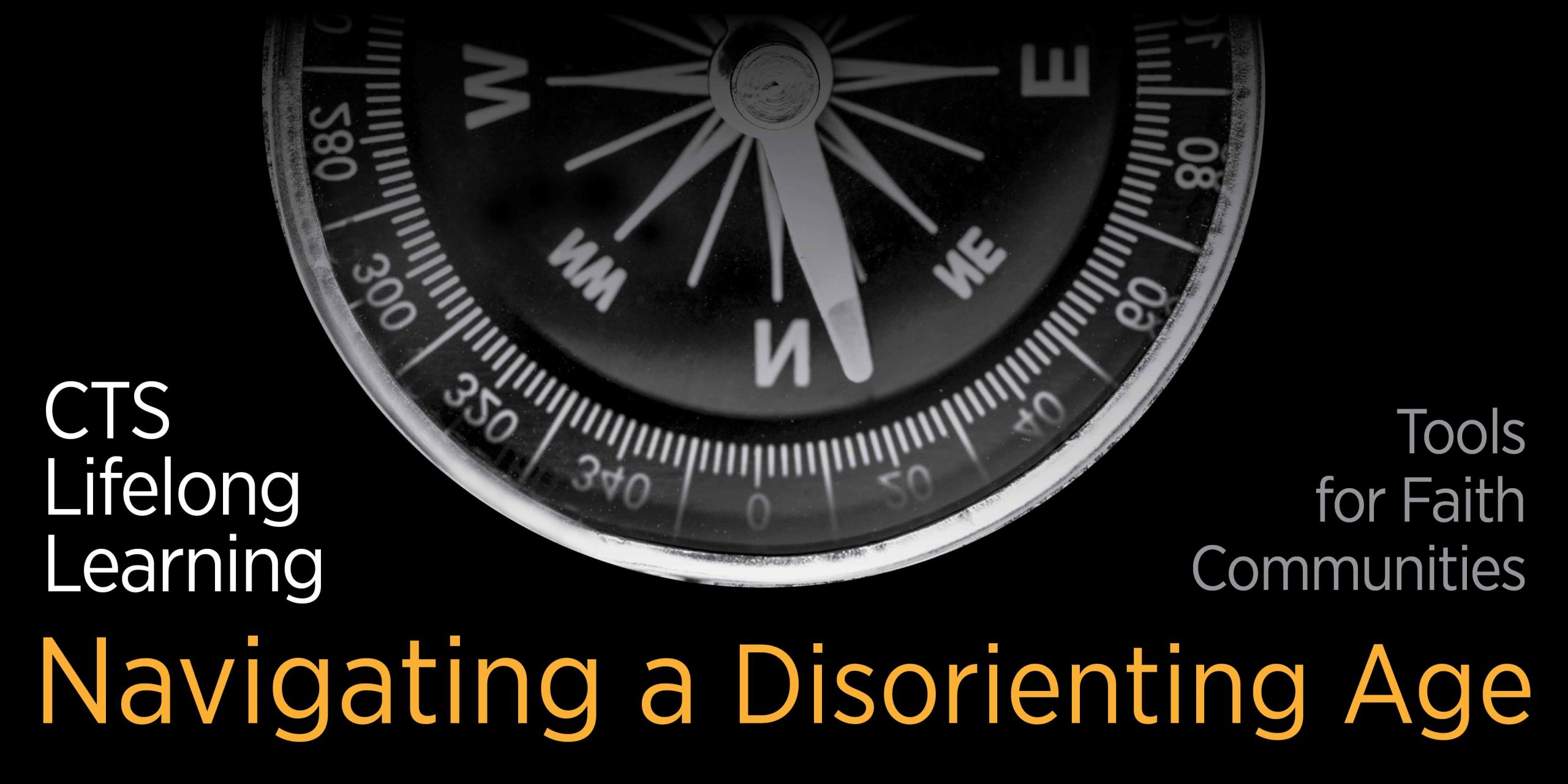Our Life in Common
Theology plays a powerful role in our shared experience. Good theology breathes life into our communities. Bad—or perhaps misguided—theology can foster intolerance and injustice. We believe world-changing theological discussions can take place beyond church walls, and that theological thinking impacts every person in our community. These webinars provide a space for community learning through a theological lens.
Community learning through a theological lens
Webinars led by subject matter experts
2024-2025 Series
This year’s webinar series “Navigating a Disorienting Age: Tools for Faith Communities” will be hosted online on Wednesdays from 12-1pm Eastern. Participants will delve into theological reflection and learn practical tools designed to empower and strengthen our communities. Each webinar is led by a subject matter expert who offers valuable perspectives and resources for navigating the challenges of our times and fostering resilience, connection, and growth within congregations. Don’t miss this opportunity to participate in webinars that aim to equip us all for meaningful engagement and flourishing in today’s complex world.

Children at the Border
September 18 – 12-1pm Eastern
Dr. Irasema Coronado
Thousands of unaccompanied children arrive at the US border annually, sparking heated debates on care and response. Globally, crises force families across borders, disproportionately impacting children who make up over 41% of refugees. Delve into the intersection of adult issues and child welfare. Join our webinar to explore solutions that protect vulnerable children while addressing geopolitical concerns.
Love, Desire, & Identity: Navigating Faith & Sexuality
October 30 – 12-1pm Eastern
Dr. Ken Stone
This discussion will examine the intersections of faith, love, and identity through the lens of scripture. Our speaker will share insights and offer a nuanced exploration of how religious texts can inform and shape our understanding of sexuality and personal identity, and how our understanding of sexuality and identity can inform and shape our understanding of religious texts. This webinar event promises to foster meaningful dialogue and inspire deeper reflection on the complexities of faith and human experience. Don’t miss this opportunity to engage with scripture in a way that resonates with contemporary issues and challenges, guiding us towards greater compassion and understanding in our spiritual journeys.
Spirituality & Mental Wellness: Help, Harm, & Healing
January 22 – 12-1pm Eastern
Dr. Pamela Ayo Yetunde
In this webinar, Dr. Yetunde will share her expertise and insights on how spirituality can both support and challenge mental wellness practices. This conversation promises to deepen our understanding of the interplay between these vital aspects of human experience, offering valuable perspectives for personal growth and community support. Don’t miss this opportunity to participate in a thoughtful dialogue that bridges spirituality and mental health in meaningful ways.
Registration
Each webinar is free, but registration is required.
About the Courses
This course series is open to all and provides a space where community members can engage with vital theological and ethical questions. There are no preconditions for prior education or formal religious commitment—everyone is welcome. Come be a part of community learning through a theological lens.
Online webinars
(3 topical offerings)
Top instructors
and in-depth content
Hosted by CTS faculty
to facilitate conversation
The webinars examine topics from the theme "Navigating a Disorienting Age: Tools for Faith Communities" including:
- How do immigration concerns impact child welfare?
- What nuanced explorations of religious texts might inform and shape our understanding of sexuality and personal identity?
- How can we protect vulnerable children in our society?
- What are the intersections between the complexities of faith and human experience that shape community life?
- How do spirituality and mental wellness interact for help, harm, and healing?


